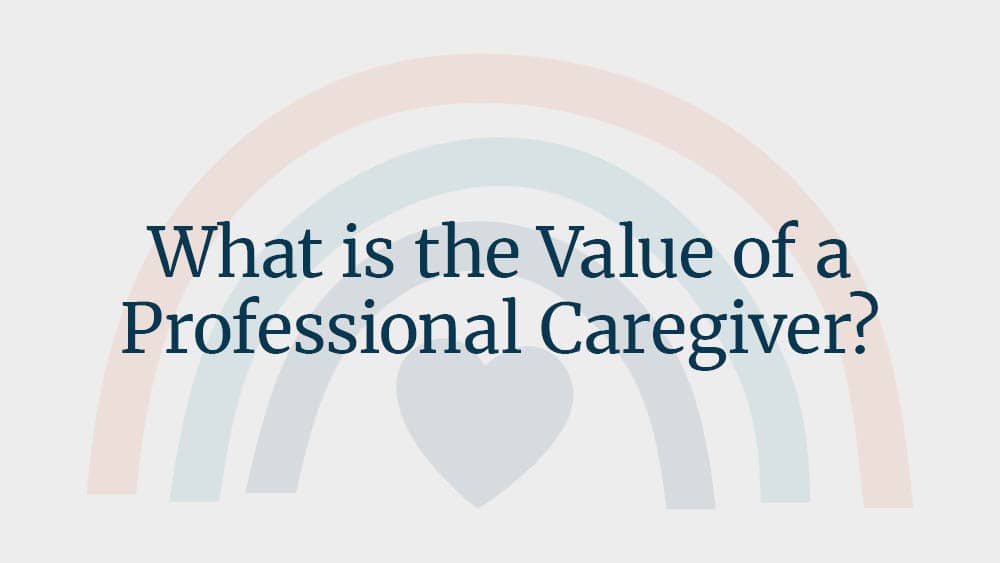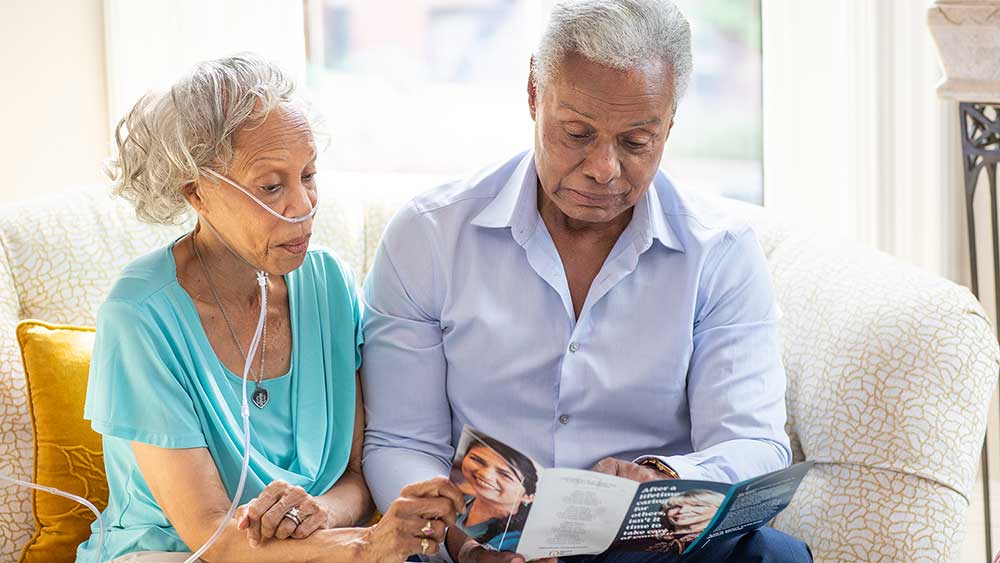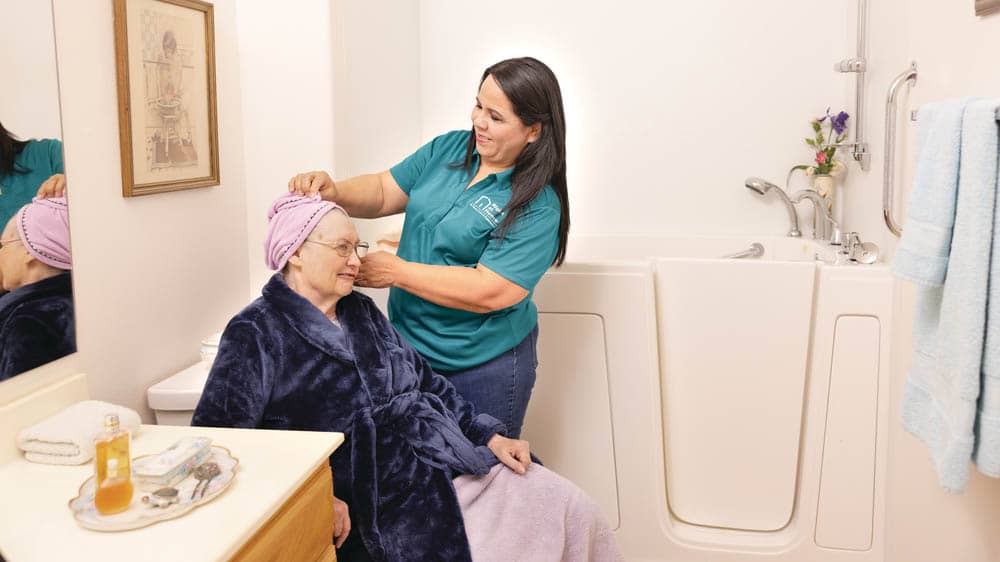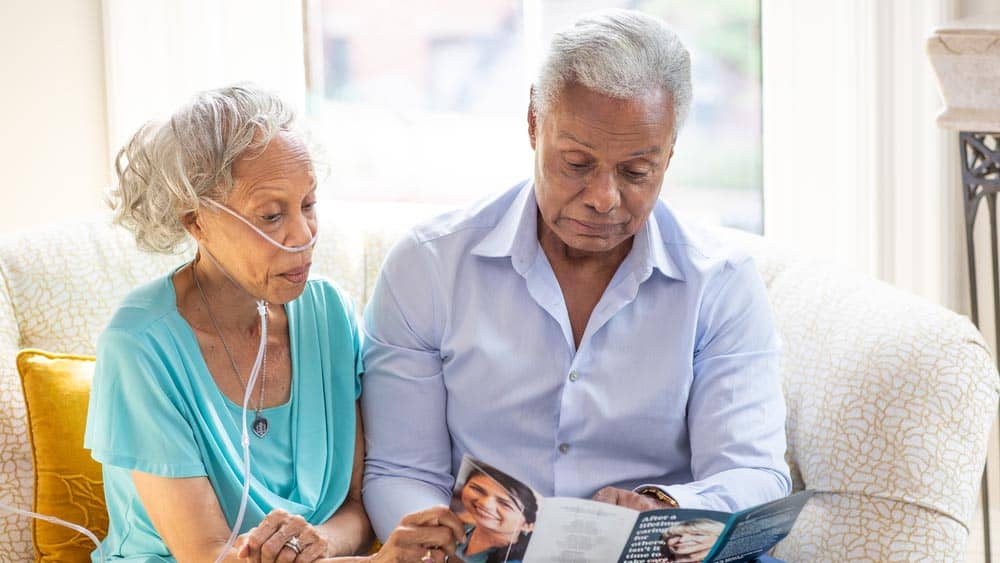
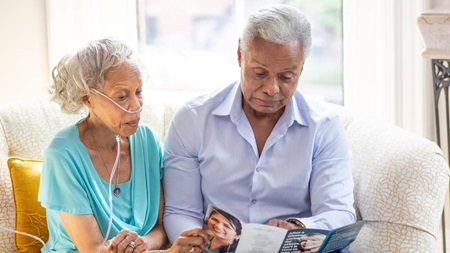
What To Do When an Older Adult Turns Down Help
According to the AARP, nearly 90% of adults over age 65 want to remain in their current homes as they grow older. Aging in place can be entirely possible with the help of family or professional caregivers.
Family members should be aware of warning signs that can indicate a senior loved one’s support needs are changing. But what do you do if your loved one won’t accept help? The first step is to try to understand why they feel this way.
Why Seniors Refuse Help
There are many reasons a senior might not accept help, such as:
- Fear of losing their independence. Your elderly loved one is used to going where they want when they want. They don’t want their daily routines disrupted, they don’t want to be told what to eat and when, and they want to maintain control of how they organize their house.
- Pride. Your loved one may have spent much of their life caring for others by raising their children, welcoming grandchildren, and standing by their spouse through good times and bad. Now, it may embarrass them to depend on others.
- Fear of losing their privacy. Most seniors are unaccustomed to sharing with others private information, such as finances, medications, and the amount they pay for personal items like clothing. Help with hygiene can be especially daunting.
- Fear of being a burden. The Alzheimer’s Association reports that 70% of adults worry about being a burden to their children.
- Wanting to stay in their home. Your loved one may fear being forced to leave their home and possessions.
It’s Time for a Conversation
No matter the reason, it is important to ensure the well-being of your loved one in their home. Discussing their fears and learning about their wishes is important. Before you do anything, it would be wise to take a step back, put yourself in their shoes, and consider how you will feel when it’s your time. This consideration may put your loved one’s concerns in perspective.
When you decide there needs to be a discussion, the first step is to gather relevant information, such as noticing when you feel something isn’t right with your loved one and jotting down notes. Next, go with them to medical appointments to get firsthand information and note which medications they take and the purpose for each. Document the information to share with family members and anyone else who is helping support them.
Once you have the facts, decide the best time and place to have a conversation. If possible, involve other family members. Make sure you are all on the same page by sharing the relevant information you gathered.
Be prepared to be met with anger, denial, frustration, and possibly some tears. Stay calm and hear out your loved one. Share your relevant information with them, asking for their solutions to the issues. Discuss the pros and cons of their solutions.
Read more about how to initiate the conversation by downloading Right at Home’s FREE RightConversations Guide. This step-by-step guide offers tips and ideas for effective communication related to caring for an aging loved one.
How Right at Home Can Help
For over 25 years, Right at Home has been assisting families in navigating the aging journey. Our local aging experts can provide an array of in-home care services ranging from companionship and homemaking assistance to personal care and hygiene services. Use our office locator to speak to an aging expert near you.
Interested in receiving monthly tips and informative articles delivered straight to your inbox? Sign up for our free Caring Right at Home e-newsletter today.





